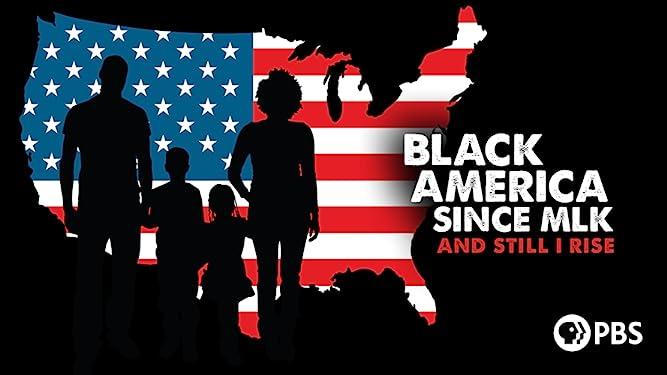George Floyd was murdered on May 25, 2020, resulting in an immense response worldwide. In the U.S., citizens took to the streets and expressed anger through protests, giving birth to the Black Lives Matter movement.
During this period, many businesses made public statements against racism and injustice. Many companies voiced a desired to boost support for diversity, equity, and inclusion in response to the movement.
Today we’re nearly 2.5 years out from Floyd’s death, and we’ll highlight how DEI has and hasn’t changed.
Workplace DEI: Sustainable or Performative?
In the wake of Black Lives Matter, companies sought to illustrate their commitment to diversity and inclusion. They did this by, for example, promising the following:
- Making hiring practices more equitable
- Selecting vendors that support D&I
- Financial commitments ($50 billion overall)
Unfortunately, some of these promises were not sincere. Companies like Wells Fargo and the NFL have been accused of conducting sham interviews of candidates with diverse backgrounds, after positions were already filled. In other words, they never intended to hire these candidates; they simply held them to meet their stated diversity objectives.
Furthermore, although U.S. companies pledged $50 billion toward racial equity, only $250 million has been spent toward that specific initiative, according to the firm Creative Investment Research.







